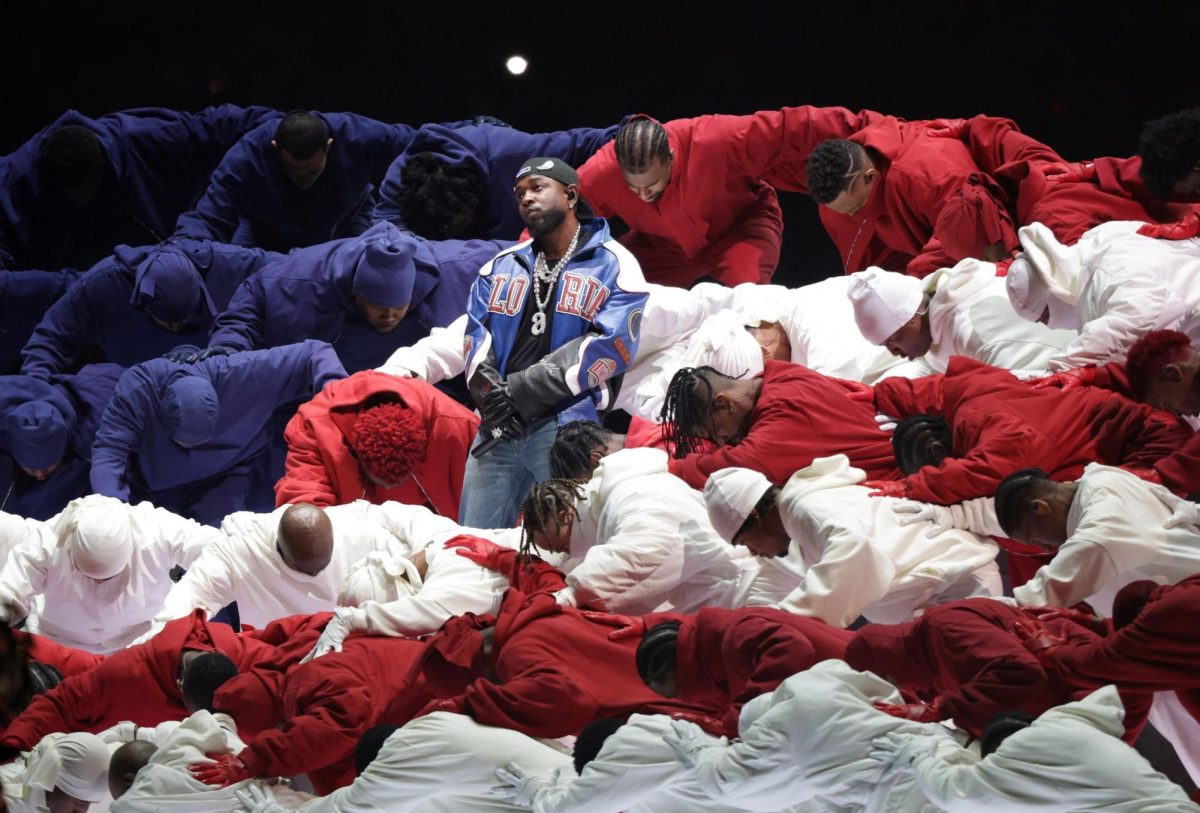
After a tumultuous campaign season, Donald Trump won the election to become the 47th president of the United States.
Although Trump has been vague on his policies, he has repeatedly aligned with right-wing think tank The Heritage Foundation’s plan, the President Transition Project 2025. Trump did not author nor contribute to Project 2025, although 140 former Trump administration staffers did. Trump has also spoken at multiple Heritage Foundation events in the past.
Here’s what the Trump victory means for students:
Student Loans and Finances:
Trump has repeatedly said he intends to shut down the Department of Education, although shutting down a federal department requires an act of Congress. It is uncertain whether or not the next administration will be able to shut down the Education Department, but the Republican Party will hold a supermajority, controlling the Senate, House of Representatives and Presidency. It will be up to GOP representatives to decide whether or not to follow the president’s direction.
The Federal Student Aid Office oversees FAFSA and is housed within the Education Department.
The department also administers Pell Grants, which help students from low-income families afford to pay for school.
Trump’s 2017-2021 administration repeatedly vied for cuts and freezes to Pell Grants. In 2019, Trump’s proposed 2020 fiscal year budget included taking $2 billion away from the Pell Grant reserve and freezing the maximum award amount at $6,195.
Between 2016 and 2020, Trump’s administration increased the Pell Grant maximum award by $420. In comparison, President Barack Obama’s administration raised the Pell Grant maximum award by $1,215 between 2008 and 2016. The Biden administration increased the maximum award by $1,050 between 2020 and 2024.
Trump has also opposed student loan forgiveness programs such as the Public Service Loan Forgiveness program, which allows those working for a government or not-for-profit organization to receive forgiveness after 120 consecutive monthly payments toward their balance. The Trump administration attempted to cut this program in its proposed 2020 fiscal year budget.
The budget also proposed cutting down work-study funding.
In June 2023, the Trump campaign celebrated the Supreme Court’s 6-3 decision to strike down a Biden administration program to forgive $10,000 each for many student loan borrowers across the country, referring to it as “Joe Biden’s unconstitutional student loan gimmick.”
Project 2025 also calls for the elimination of the Department of Education. Lindsey Burke, the Heritage Foundation’s director of the Center for Education Policy, wrote the education portion of the plan.
The plan calls for the next president to repeal the Biden administration’s Saving on a Valuable Education Act. The SAVE plan is an income-driven repayment plan (IDR) that significantly lowered the cost of monthly student loan payments for borrowers by basing them on a lower percentage of the borrower’s adjusted gross income compared to previous IDRs.
On page 336, Burke refers to the SAVE plan as “delayed grant programs.” Project 2025 suggests a new IDR that will only exempt payments for borrowers with incomes meeting or below the poverty line. It also recommends ending the legal requirement for federal student loan forgiveness after 25 years of payments and requires 10% payments on income above the exemption line.
Immigration and Students:
Midwestern State University is home to about 450 international students.
In 2020, the Trump administration attempted to temporarily impose restrictions on Optional Practical Training, a program allowing international students to remain in the U.S. for 24 months after graduation. The program intends to allow recent graduates to gain work experience and the ability to obtain a work visa.
In early 2020, the Department of Justice created a section to address denaturalization cases for immigrants who arrived under false pretenses. The office is intended to “…litigate the denaturalization of terrorists, war criminals, sex offenders, and other fraudsters,” according to a Justice Department press release.
On Oct. 11, 2023, Stephen Miller, a Trump senior advisor and the former White House director of speechwriting, reposted a 2020 New York Times article about the office on X, saying, “Yes. We started a new denaturalization project under Trump. In 2025, expect it to be turbocharged.”
Miller did not elaborate further.
In Sept. 2024, Trump promised to reinstate Executive Order 13759, popularly known as the “Muslim Ban.” The order banned people from traveling from seven countries: Iran, Iraq, Libya, Somalia, Sudan, Syria and Yemen.”
“Remember the famous travel ban? We didn’t take people from certain areas of the world,” Trump said. “We’re not taking them from infested countries.”
If the next administration reinstates the ban, it will be significantly harder for students from the countries affected to return home. It will also make it difficult for new students to come to the U.S.




















